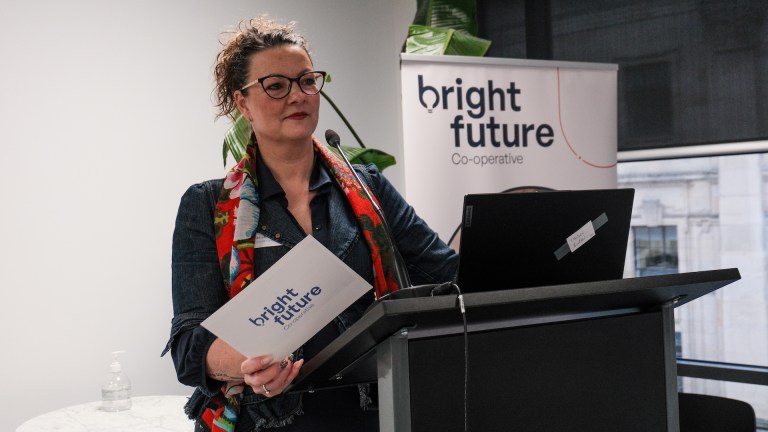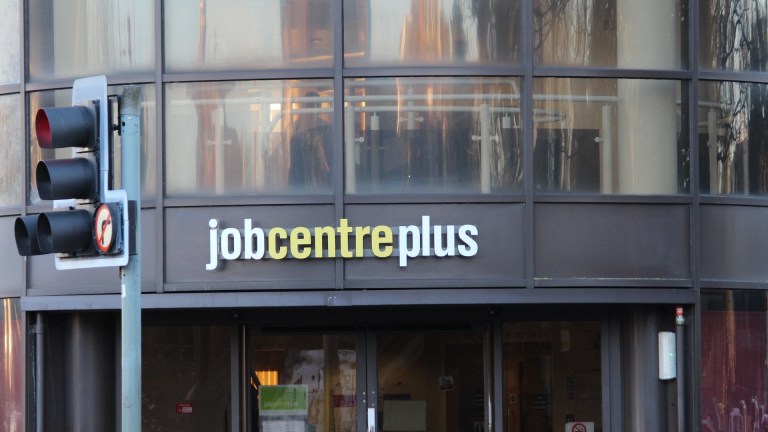The Legatum Institute – the think tank run by Conservative peer Baroness Philippa Stroud – said UK poverty was “significant” and long-term.
More than one in five people were living in poverty before the pandemic – amounting to 14.4 million people. This has “hardly changed over the last 20 years,” according to the study.
The Covid-19 crisis pushed 440,000 more people into poverty by summer this year, they added. But attempts to mitigate the pandemic’s financial fallout protected hundreds of thousands from the same hardship. This included the £20 increase and suspension of the minimum income floor for self-employed Universal Credit claimants.
The Chancellor’s refusal to maintain that protection was a “glaring omission” in his Spending Review announcement. That was according to coalition organisations like JRF, Child Poverty Action Group, the Independent Food Aid Network and Oxfam.
It will damage the local economies of parts of the country which were already lagging behind the rest of the UK
“We are deeply concerned that the Government has chosen to leave millions of people with crippling uncertainty and fear over Christmas,” they said.
“Costs have shot up; job opportunities are scarce and our economy will still be in deep recession next Spring.”
Advertising helps fund Big Issue’s mission to end poverty
Both the Work and Pensions Committee and Lords Economic Affairs Committee have backed keeping the £20 increase in their respective calls for Universal Credit reform.
“The removal of this support would not only be immoral, but it will also damage the UK’s recovery,” the coalition’s statement continued. “Cutting support for those on the lowest incomes will reduce demand in the economy at a time when we are trying to secure a recovery. It will damage local economies of parts of the country which were already lagging behind the rest of the UK.”
As well as making the £20 increase permanent, campaigners are demanding the Government extend it to other claimants. People on Employment and Support Allowance, Jobseeker’s Allowance and Income Support did not receive the £20 increase. These payments, known as legacy benefits, are mostly claimed by disabled people.
Earlier this month The Big Issue heard from Lee, 62, who has an autoimmune disease that affects her organs. She said ministers “haven’t really taken into account how disabled people live” when making decisions about their benefits.
Changes to legacy benefit rates take “months” to introduce, according to the coalition. This is “precisely why we needed to see a decision now so this support could be in place by April.”
It is “not too late for the Chancellor to do the right thing,” said JRF’s Barnard. She urged the Government to c0mmit to making the £20 increase permanent and extend it to people receiving legacy benefits.
Advertising helps fund Big Issue’s mission to end poverty
A Government spokesperson said: “We are wholly committed to supporting disabled people through the pandemic.”
The spokesperson pointed to welfare support boosted by £9.3 billion and the Covid Winter Support Package. Ministers have also given £3.7 billion to councils to ease pressure on local services, they said.
Big Issue vendors need your help now more than ever. More than 1,000 vendors are out of work because of the second lockdown in England. They can’t sell the magazine and they can’t rely on the income they need.
The Big Issue is helping our vendors with supermarket vouchers and gift payments but we need your help to do that.
Please buy this week’s magazine from the online shop or take out a subscription. This will make sure we can continue to support our vendors over this difficult period. You can even link your subscription to your local vendor with our new online map.
Thank you all so much for your ongoing support.
Advertising helps fund Big Issue’s mission to end poverty










